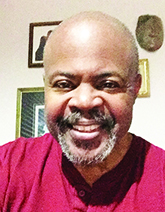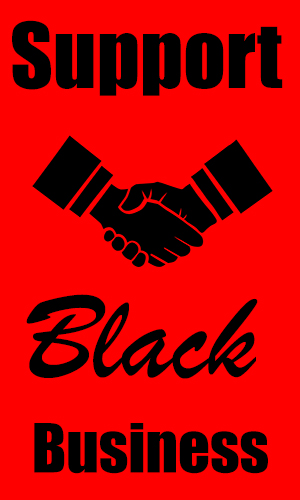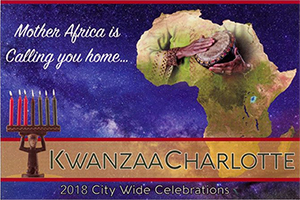
Black Community Wrestles with COVID-19 Pandemic
By Cash Michaels

When Gov. Roy Cooper ordered no public gatherings of 100 or more people in order to stem the spread of the coronavirus (COVID-19), Black churches across the state knew they immediately had a problem.
“I’m going to just say it,” opined one prominent North Carolina Black minister on Facebook. “Science has defeated faith in America, as of this day! These cancellations are too much. Megachurches, I understand. But your 20, 30, 50 member churches are small groups, to an extent anyway. For those size churches, maybe divide into smaller groups, A, B, and, C. Groups of 10 or 20 folks could have a more devotional type worship together in different spots of the church such as Sanctuary, Fellowship Hall, Bible Study Classroom. Come on, people of faith!”
Still, many Black churches last weekend posted notices on their websites, advising their congregations and visitors that because of the health crisis, their services were either temporarily cancelled, or would be live-streamed online so that they could be watched from home.
“Coronavirus Update,” bellowed the full screen advisory for Guilford Baptist Church in Greensboro. “Our region is being impacted by the spread of Coronavirus (COVID-19) illness. Federal and state health officials have advised local organizations to minimize public gatherings as this is one of the primary venues by which this virus spreads.”
The Guilford Baptist Church website advisory continued, “It is imperative that organizations look to the health of their members as well as take whatever steps are necessary to avoid overwhelming the healthcare system. Out of concern for our congregation and guests, Guilford Baptist is implementing the following changes effective March 13, 2020 through at least March 29th, 2020.”
The advisory went on to announce that all church activities other than Sunday Morning Worship had been suspended, and the church campus would be closed except for 10:30 a.m. worship service, which would be streamed later at 3 p.m. online.
“Because this illness disproportionately impacted the elderly, those with chronic respiratory conditions, cardiac disease and other chronic illnesses, those in this category are encouraged to consider staying home.”
No doubt, with states, including North Carolina, increasing restrictions on public movements and gatherings, the African-American community is feeling the heat as well. Schools statewide have been ordered closed. Major grocery stores are closing earlier in order to limit access and provide more off-time for cleaning.
Local community centers and public buildings have been closed. District court cases postponed. People have been ordered to work from home.
But most importantly, Black communities have a disproportionate rate of poverty and poor health - both interchangeably undermining the other generationally, health experts say. Couple that with undernourished young people and a plethora of elderly residence, and COVID-19 serves to ascorbate an already tentative health desert.
With mostly large families already occupying small spaces in urban public housing or in rural communities, following advisories of the constant washing of hands, and covering coughs or sneezes, is about the best that can be done to safeguard the further spread of the virus in poorer communities of color.

